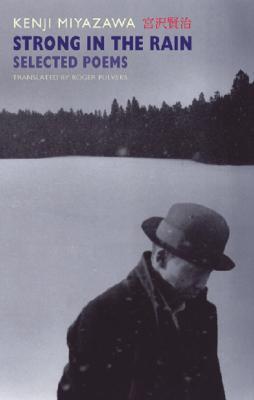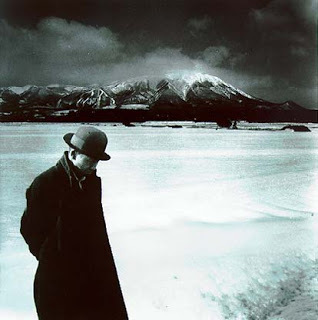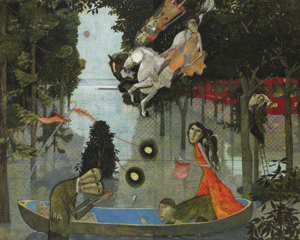What do you think?
Rate this book


128 pages, Paperback
First published April 15, 2007


Strong in the rain
Strong in the wind
Strong against the summer heat and snow
He is healthy and robust
Free from desire
He never loses his temper
Nor the quiet smile on his lips
He eats four go of unpolished rice
Miso and a few vegetables a day
He does not consider himself
In whatever occurs . . . his understanding
Comes from observation and experience
And he never loses sight of things
He lives in a little thatched-roof hut
In a field in the shadows of a pine tree grove
If there is a sick child in the east
He goes there to nurse the child
If there's a tired mother in the west
He goes to her and carries her sheaves
If someone is near death in the south
He goes and says, "Don't be afraid"
If there are strife and lawsuits in the north
He demands that the people put an end to their pettiness
He weeps at the time of drought
He plods about at a loss during the cold summer
Everyone calls him Blockhead
No one sings his praises
Or takes him to heart . . .
That is the kind of person
I want to be